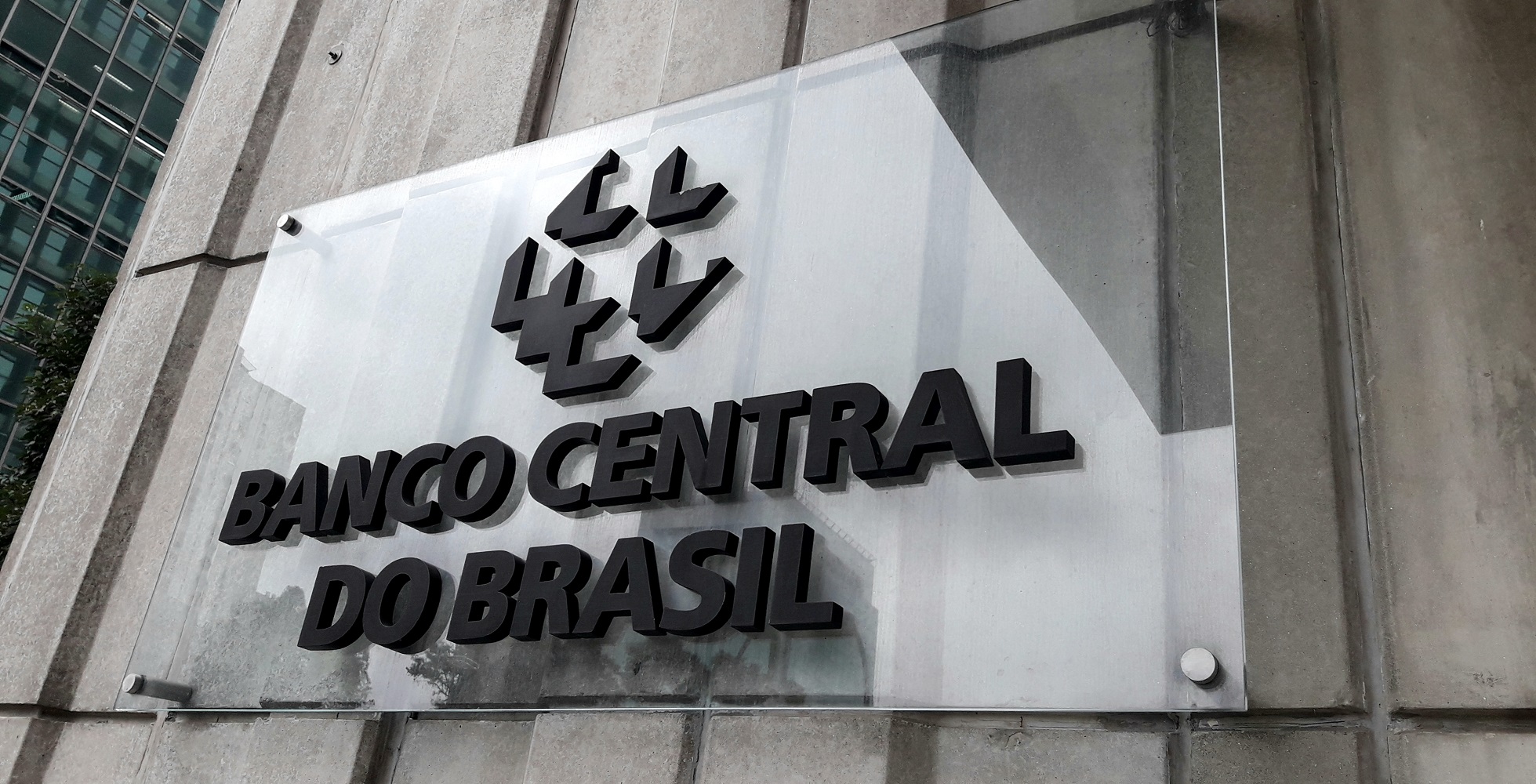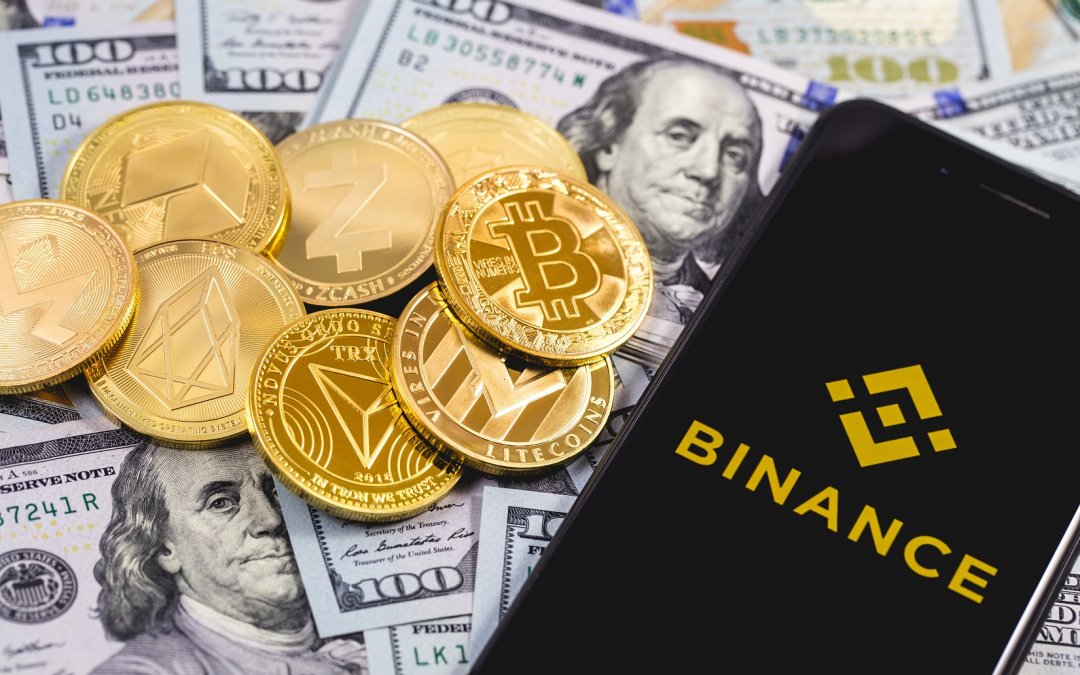In May 2019, Brazil’s Federal Revenue Service, the institution responsible for collecting federal taxes in the country, released Normative Instruction RFB no. 1.888/2019. The instruction is meant to clarify the declaration of transactions involving cryptocurrencies and other forms of digital assets. In this article, we will take a closer look at these new crypto-tax laws and analyze their applicability for traders. Moreover, we will depict how to inform the government about the individual income from digital asset trading (for people living or conducting business in Brazil) and review the requirements of the obligatory disclosure process set by the authorities.
How are cryptocurrencies perceived by the Central Bank and the RFB
Due to their decentralized model, virtual currencies do not need to be authorized by financial institutions. As their popularity increases, though, the monetary authorities of each government are obliged to set legal boundaries for their usage. In that sense, the Central Bank of Brazil has made a solid stand about the definition and margins of digital asset trading. According to officials, the value of cryptocurrencies is dependent on two factors – the validity of its pre-set rules of operation and the chain participants, engaged with the protocol. As a result of the mutual agreement between the two sides (acknowledging the capital loss risk, price variation, and potential security threats), cryptocurrency transactions could represent either a form of payment or investment.
The Central Bank does not recognize cryptocurrencies as official currencies, and as such, the trade of Bitcoin and other altcoins are not treated as international transfers, subject to regulation by the authorities. As the bank does not consider itself responsible for overseeing virtual currencies transactions, investors are obliged to carry their own risks. They must also declare any potential profits from their cryptocurrency trading activities to the government as individual income.
Due to the increasing number of Bitcoin trading in 2017 and 2018, the RFB deemed it necessary to create a more detailed control mechanism for the inspection of income tax payments in the sector.
According to the officials, the anonymity of cryptographic payments could lead to tax evasion, corruption, and money laundering, which fall under the authority of the RFB. As a result of this, the creation of a new transactions declaration, verifying tax compliance and combating illegal activities, was considered inevitable.

Federal tax laws on virtual currency trading income
In the guidelines for taxable income reports in 2019, the RFB concept for cryptocurrencies covers several aspects. First of all, ‘virtual currencies’ are considered assets or rights, which can be identified as financial assets. As such, they should be reported in the DIRPF (Declaração de Imposto de Renda de Pessoa Física) assets and rights form as “other goods” and recorded by their acquisition cost. The sale of cryptocurrencies must be subject to taxation as a capital gain, with progressive rates of 15%-22.5%, depending on the size of the profits earned. Moreover, the personal income tax on the sale of virtual currencies must be paid by the last business day of the following month.
Normative Instruction no 1.888/2019 requires a specific declaration to the RFB that will divulge operations made with cryptocurrency. Crypto exchanges and individual entities in the country are obliged by law to provide information about their digital asset trading activity. This includes particulars about the cryptocurrency exchange domiciled for tax purposes and the individual or legal entity residing or domiciled in Brazil. The activity that needs to be declared includes the operations carried out by the exchange and the transactions carried out on exchanges or other platforms domiciled abroad (for residents operating in Brazil). The declaration is mandatory for monthly profits exceeding 30,000.00 reais, or around $5800.
The Normative Instruction further clarifies the potential ramifications of failing to deliver the declaration or submitting it late or inaccurately. In such cases, the RFB will fine the person responsible with an amount that can vary, depending on the conduct and legal qualifications of the declarator. If during an inspection, RFB officials find evidence of money laundering crimes, the institution will formalize communication with the Federal Public Prosecutor’s Office.
What information should be provided to the RFB?
As the new instruction states, the person or entity required to deliver the declaration must present detailed information about all the financial activity carried out with Bitcoin or other cryptocurrencies. This includes the date of each operation and the type of transaction, which was carried out (payment, purchase, sale, donation, withdrawal, and crypto-to-crypto exchanges). Moreover, the declaration must contain information about the operation holders and the cryptography used for trading. It should also inform about the quantity of the cryptocurrency coins or tokens traded, their transactional value (in reais), and the service fees value charged for executing the operation. For exchanges, which are domiciled abroad, the declarator must provide the exchange identification used while conducting the transaction.
In addition to this, the RFB has made it mandatory that exchanges operating in Brazil must submit information regarding users and their digital asset trading activity. For tax purposes, cryptocurrency trading platforms must provide the balance of fiat currencies that each user has at their disposal. They should also record and inform about their balance of each type of crypto (in units) and the cost, at which they obtained the said assets. All this information must be submitted as part of the December monthly statement of the exchange.

Why was the normative instruction put in effect?
According to official information, in 2017, the number of cryptocurrency exchange customers in the country exceeded the number of users of the São Paulo Stock Exchange. The sheer volume of Bitcoin, traded in Brazil throughout the year, was estimated at around 8.3 billion reais. Until the Normative Instruction was issued, the RFB was practically unable to collect taxes over Bitcoin and other cryptocurrencies transactions. As informed by authorities, in the two months after the legislation was put in effect, the total amount of cryptocurrency income declared to the RFB exceeded $2.5 billion.
Conclusion - The future of cryptocurrency trading in Brazil
The Brazilian government’s approach to cryptocurrency trading has changed only regarding the enforcement of federal income tax law. When it comes to the regulation of the sector, the Central Bank, as well as the other financial institutions in the country, abstain from interfering with local businesses and investors. The issuance of Normative Instruction no. 1.888/2019 further clarifies the government’s intentions to allow all types of cryptocurrency activity to continue, as long as the proper taxation policies are applied. Decentralized exchanges are the entities, which benefit most from this, as while having to provide documentation for each individual user, they are nоt faced with any regulatory problems or lawsuits.
Furthermore, the activity in the sector is expected to rise significantly in the next few years. While there certainly will be more people involved with trading virtual currencies in Brazil, the taxation on this type of capital gain will become increasingly more difficult. The reason for this is mainly the lack of transparency and proper tax legislation, which might cause problems with compliance from the side of the users. In the future, we can expect that the RFB will continue its communication with the Central bank of Brazil and the Securities and Exchange Commission (CVM) and work towards the creation of a normative framework, which will prevent extended litigations on such matters.
Nothing on this website should be perceived as financial, investment or trading advice. We urge you to do your own research prior to investing and we highly recommend that you consult a certified financial advisor.
Tell us what topic you’d like
Us to cover!
Our objective is to make the world of crypto more comprehensive to everyone out there







0 Comments